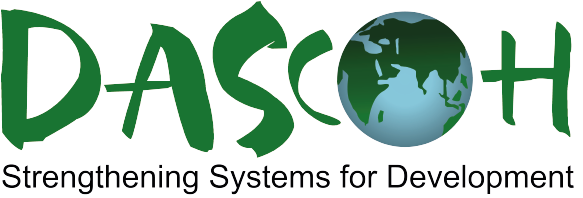
Title of the Project: Access to inclusive Quality Education for Children from Families living Ultra poverty and from Religious Minorities, Bangladesh (ACCESS project)
Project Implementation Period: 3 Years 3 month ( 15.10 2019 to 31 December 2022 )
Name of donor: German Doctors
Project Areas: Godagari and Tanore upazila in Rajshahi district
Direct Project Beneficiaries: 90000 (Student)
Total Project budget: 2,3784354
District/ Upazila wise budget distribution:
Godagari Upazila: BDT. 6034335
Tanore Upazila: BDT. 6034334
Project type and goal: The project makes a contribution towards goal no 4 of the 17 global goals for sustainable development. overall project objective was enhance quality pre-primary and primary education at formal primary education is ensured for 9000 children and has increased priority in the education sector in Bangladesh. 9000 children from particularly disadvantaged families and from religious minorities profit from quality primary education directly. These 9000 children benefit through promotion activities at 30 existing government school in very remote areas respectively in areas with a relatively high share of religious minorities .As a consequence of various advocacy efforts. Quality primary education in Bangladesh.
This project focused on the 9000 most difficult-to-reach children from extremely low-income families and religious minorities in order to ensure "inclusive and equitable quality education." The programs simultaneously touched 27000 members of the community. To ensure the target population received a top-notch preprimary and primary education from a formal school, project ideas were being put into practice. Other project components include advocacy and civil society discussion to improve the inclusion and quality of the educational system, in addition to teacher, school committee, and community sensitization.
Expected Results:
Result 1: 9000 particularly disadvantaged children attain quality pre-primary and primary education at 30 formal schools and are prepared to continue their education at secondary schools.
Result 2: Teachers, school committee members and partner NGO staff are capacitated for quality education and advocacy dialogue with local authorities.
Result 3: Community activism and civil society dialogue with education authorities from local to regional level contribute to improved inclusiveness and quality of the education sector.




